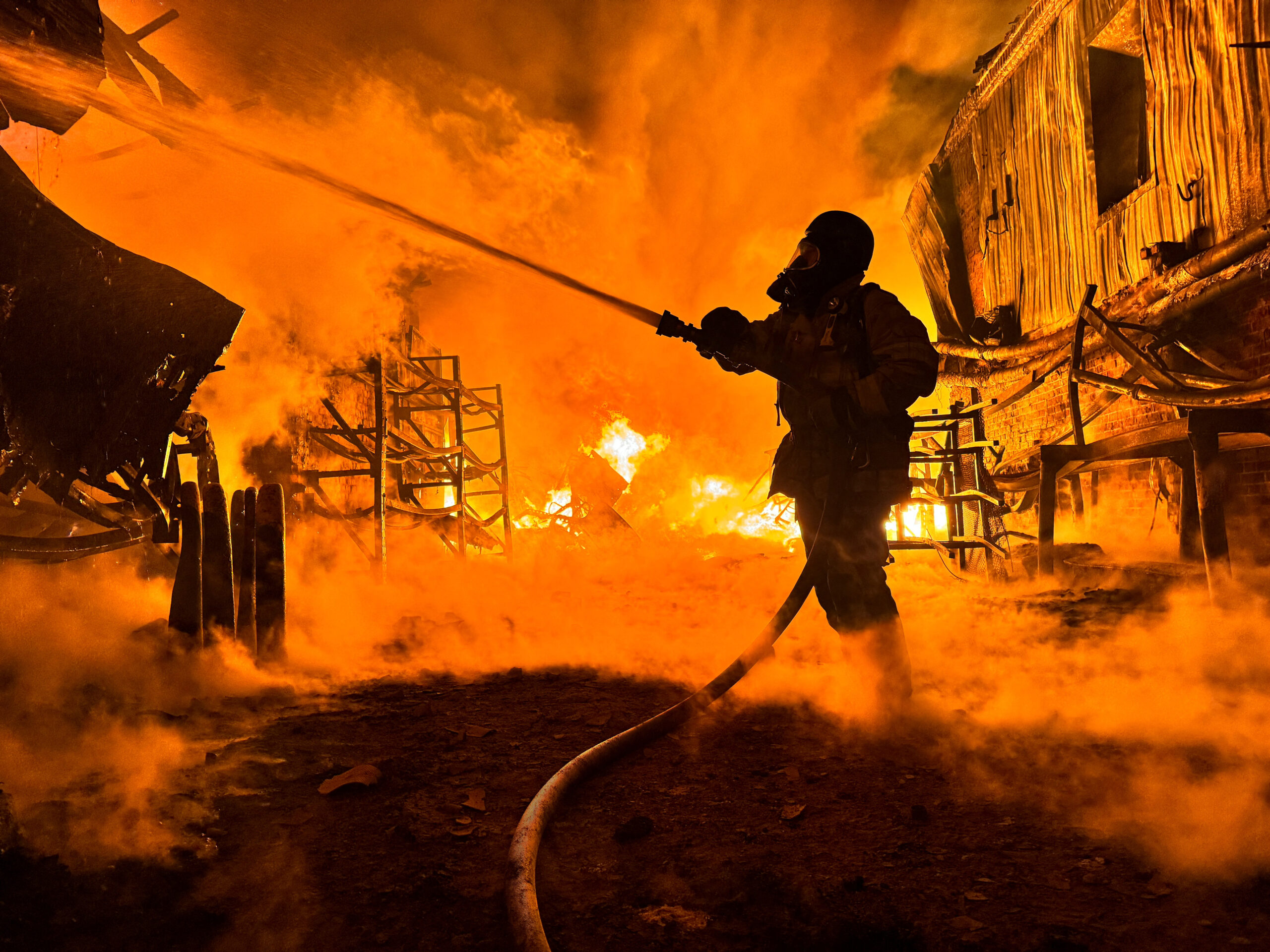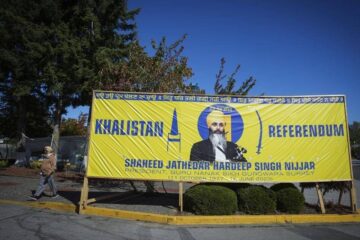North Macedonia holds run-off presidential vote amid divisions over name change
Voters in North Macedonia will elect a new president on Sunday in a run-off vote dominated by deep divisions over a change in the country\’s name agreed with Greece that has opened the path to NATO and European Union membership.
Greece had for decades demanded that the tiny ex-Yugoslav republic change its name from Macedonia, arguing that it implied a territorial claim on a northern Greek province also called Macedonia. The new name was formally ratified earlier this year.
But the accord continues to divide Macedonians and has eclipsed all other issues during campaigning for the presidential election, when about 1.8 million voters will choose between two candidates who got through to the second round.
The ruling coalition\’s candidate, a long-serving public official and academic, Stevo Pendarovski, and his main rival, the candidate of the nationalist VMRO-DPMNE Gordana Siljanovska-Davkova came neck-and-neck in the first round two weeks ago.
In the run-off, political analysts give the advantage to Pendarovski, who is expected to win support from voters of the second largest Albanian party whose candidate Blerim Reka came third in the first round.
"We are half way to full NATO membership, and in two months we expect a date to begin membership talks with the EU," Pendarovski told supporters at a rally.
"After 10 years Macedonia deserves to have a president who will speed up every positive government policy."
Siljanovska-Davkova, a university professor, opposes the name change accord but is also pro-EU. She has accused the government of dragging its feet on economic reforms.
The presidency is a largely ceremonial post in North Macedonia but he or she is the supreme commander of the armed forces and also signs off on parliamentary legislation.
The refusal of outgoing President Gjeorge Ivanov, a nationalist, to sign some bills backed by parliament has delayed the implementation of key laws, including one on wider use of the Albanian language — 18 years after an ethnic Albanian uprising that pushed Macedonia to the brink of civil war.
But Ivanov had no authority to block the constitutional amendments passed earlier this year by a two-thirds majority of parliament that enabled the name change to North Macedonia.
THREAT OF LOW TURNOUT
The main concern is that if voter turnout falls below 40 percent in the second round the election will be declared invalid. In that case, the speaker of parliament would become interim president and new elections would have to be held.
"The ruling coalition voters are disappointed with the pace of reforms, while opposition supporters see that their candidate is not set to win, so many people are likely to stay at home," said Petar Arsovski, an analyst.
Turnout in the first round of voting was 41.6 percent.
Some opponents of the name change planned to boycott Sunday\’s vote.
"Vote? Why? Voting means I’m giving legitimacy to the name change. No thanks," said Dejan Temelkovski, 47, a dentist.
"By not choosing a president we are sending a message to all politicians that it is enough."
Polling stations will be open until 7 p.m. (1700 GMT), with the first preliminary results due two hours later.
SOURCE: REUTERS
[do_widget_area inner_adsbar]











